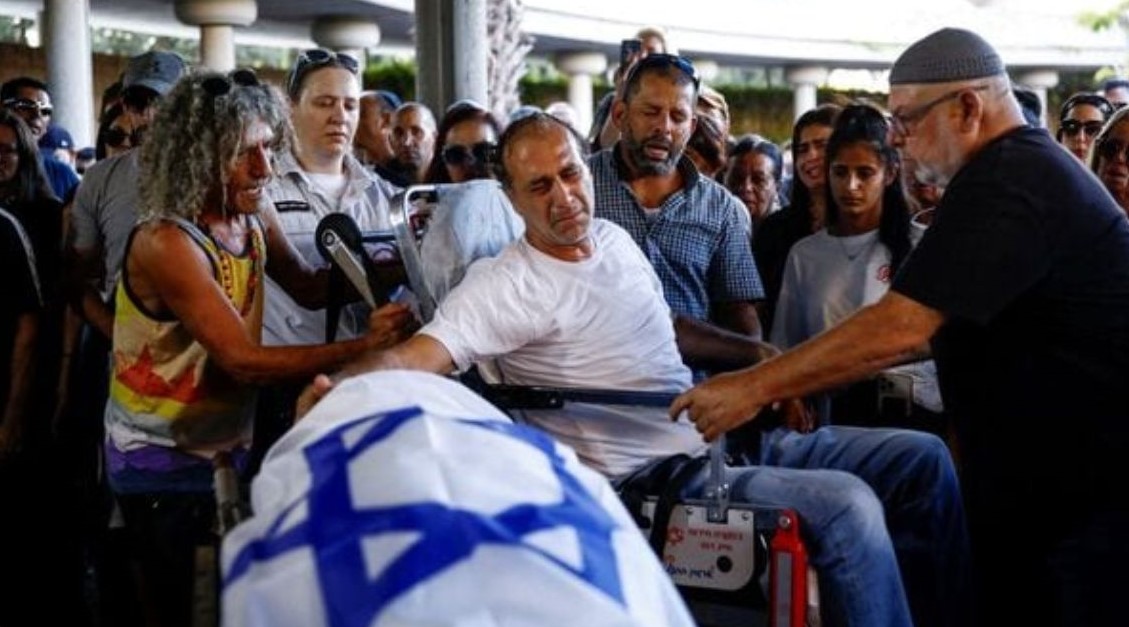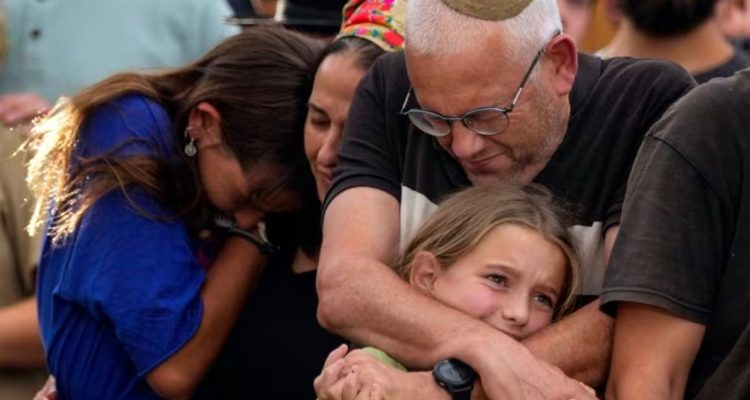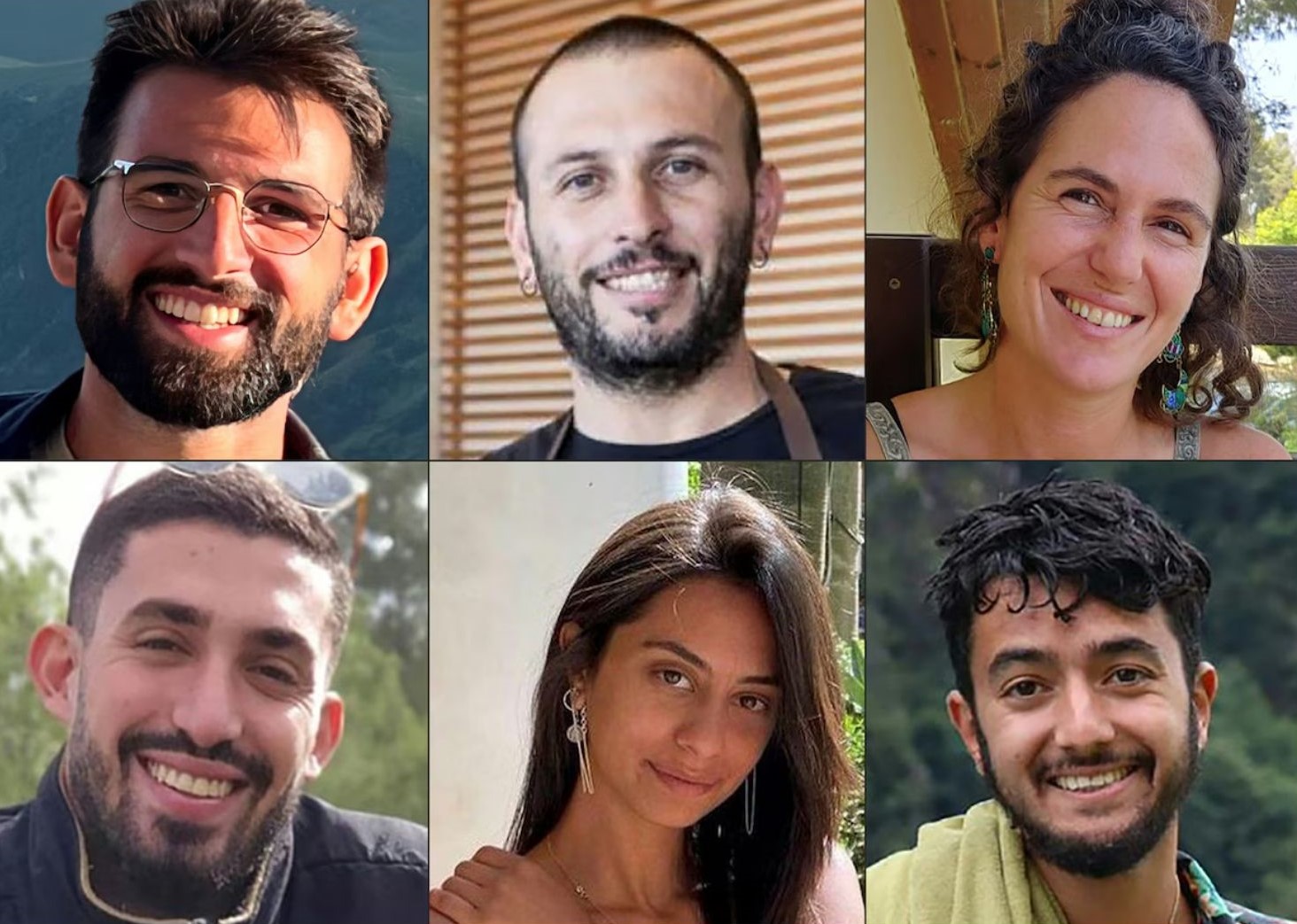The opposition has accused Netanyahu of abandoning the hostages and focusing on military objectives that do not align with the immediate need to save Israeli lives.
Broader Criticism Over the War
Netanyahu’s handling of the Israel-Hamas war has been criticized for several reasons:
- Lack of Clear Strategy: Critics argue that Netanyahu has not presented a coherent strategy for dealing with Hamas and securing peace in the region. The ongoing conflict has led to significant casualties and destruction, but without a clear plan, many believe that the Israeli government is failing to achieve any meaningful objectives.
- Failure to Prevent Escalation: Netanyahu is also blamed for failing to prevent the escalation of violence that led to the hostage crisis and the subsequent deaths. Opponents argue that more diplomatic and preventative measures could have been taken to avoid the conflict’s intensification.
- Public Dissent and Protests: The recent killings have galvanized public dissent, with thousands protesting across Israel. Demonstrators accuse Netanyahu of neglecting the hostages and mishandling the war. The protests, which include significant participation from Israel’s largest labor movement, the Histadrut, reflect widespread disillusionment with the government’s approach.
- Internal Political Pressure: Within his own coalition, Netanyahu faces pressure from more hawkish members who demand a stronger military response and from moderates who are concerned about the humanitarian impact and the loss of civilian lives. This internal division has further complicated his ability to form a unified and effective response to the crisis.
Overall, Netanyahu’s leadership during this period is under significant scrutiny, and his decisions have sparked a national debate about Israel’s security policies and moral obligations during times of war. The public’s trust in his ability to lead Israel through this crisis appears to be waning, as evidenced by the widespread protests and increasing calls for a change in strategy.

US Reaction
The U.S. government reacted with strong condemnation and profound sorrow following the killings of the hostages. President Joe Biden expressed deep outrage, labeling the killings as “tragic and reprehensible,” and vowed that Hamas leaders would be held accountable for their actions. He emphasized the U.S.’s unwavering commitment to working tirelessly to secure the release of the remaining hostages, underscoring the barbarity of Hamas’s actions and the broader atrocities committed since the conflict began.
Vice President Kamala Harris echoed this condemnation, describing Hamas as an “evil terrorist organization” and calling for a strong international response. She also emphasized the importance of continued efforts to free the remaining hostages, expressing solidarity with the victims’ families, particularly highlighting the case of Hersh Goldberg-Polin, an American among those killed.
Secretary of State Antony Blinken further condemned the killings, describing them as a clear demonstration of Hamas’s depravity. He reaffirmed that the U.S. would continue to work with international partners to secure the release of hostages, referring to Goldberg-Polin as an “American hero.” Senate Majority Leader Chuck Schumer joined in the condemnation, stressing the urgency of freeing all hostages and expressing admiration for the resilience of the hostages’ families.
Overall, the U.S. government’s response combined grief for the loss of American and Israeli lives with a resolute condemnation of Hamas. It reaffirmed the commitment to supporting Israel and holding Hamas accountable while also emphasizing the need for continued diplomatic efforts to ensure the safety of all remaining hostages.
Why We Can Never Give In To The Actions of Terrorists: What I Learned From The Global War on Terror
From my years of military experience, I’ve learned an immutable truth: When it comes to action, you can either do the right thing or the easy thing. They are rarely, if ever, one and the same.
I’ve studied the actions of terrorists for a long time. My views against giving in to the actions of terrorists are rooted in several key principles that are essential for maintaining national security, protecting civilians, and upholding moral and strategic values. It doesn’t matter if the attack is against the US, Israel or Lichtenstein, these truths are universal.
Firstly, conceding to terrorist demands will embolden these groups and set a dangerous precedent. Terrorist organizations seek to achieve their objectives through fear and violence, and any perceived success can encourage further acts of terrorism. When governments or military forces negotiate or yield to terrorists, it signals to other groups that their tactics can be effective, potentially leading to an increase in similar incidents. This not only threatens immediate security but also destabilizes broader regional or global security environments. In short, giving in to terrorism breeds more terrorism. It is the basis of one of my favorite sayings:
“What we allow, we promote.”
Secondly, military professionals understand that giving in to terrorists can undermine the morale and resolve of military forces and the civilian population. Terrorists aim to sow fear and discord, and capitulating to their demands will be seen as a sign of weakness. This can have a demoralizing effect on troops who are trained to fight against such threats and on civilians who rely on their government and military for protection and leadership. Upholding a firm stance against terrorism is crucial for maintaining morale, cohesion, and confidence in military and governmental leadership. It doesn’t matter if the unit size is a Special Forces ODA or the Army as a whole.
Furthermore, from a strategic standpoint, negotiating with terrorists often provides them with the legitimacy and propaganda they seek. Many terrorist groups aim to achieve immediate tactical goals and gain political recognition or recruit more members by demonstrating their ability to force concessions. Engaging with these groups on their terms will grant them a platform to broadcast their ideology, recruit followers, and secure funding, thereby prolonging the conflict and expanding their influence.
Speaking of propaganda, Hamas released footage of the six hostages they recently killed. American Hersh Goldberg-Polin introduces himself in English, stating his name and the fact that he was born in Berkley, California, and now lives in Jerusalem, Israel.
Lastly, military professionals are keenly aware of the ethical implications of negotiating with terrorists. Terrorism is fundamentally an attack on civilians and non-combatants, often involving brutal and indiscriminate violence. Giving in to terrorist demands can be seen as an abandonment of the principles of justice and human rights, which we, as warfighters, are sworn to uphold. It is vital to maintain a clear stance that such acts are unacceptable and that those who commit them will face consequences, reinforcing the rule of law and the moral foundations upon which military service is built.
To sum up, from my perspective, refusing to yield to terrorists is about preventing future attacks, maintaining morale and public confidence, denying legitimacy to violent groups, and upholding ethical standards. It is a complex balance of strategy, principle, and practicality that underpins the fight against terrorism globally.
—
Disclaimer: SOFREP utilizes AI for image generation and article research. Occasionally, it’s like handing a chimpanzee the keys to your liquor cabinet. It’s not always perfect and if a mistake is made, we own up to it full stop. In a world where information comes at us in tidal waves, it is an important tool that helps us sift through the brass for live rounds.











COMMENTS